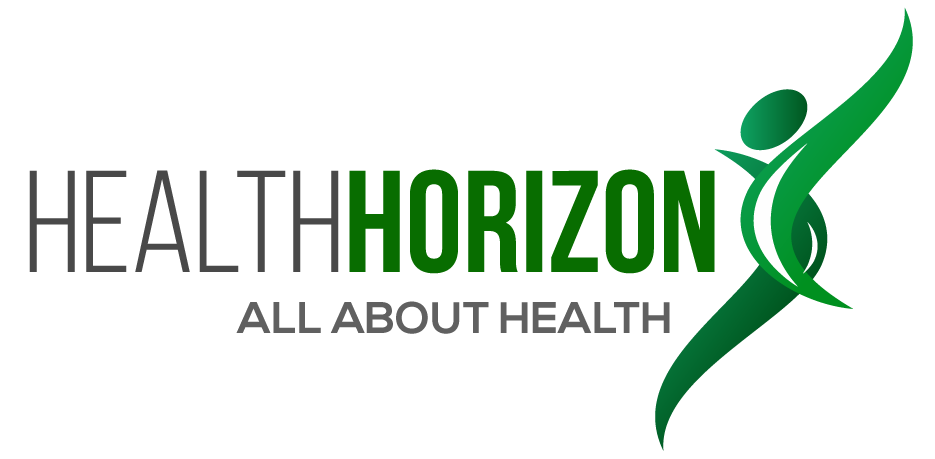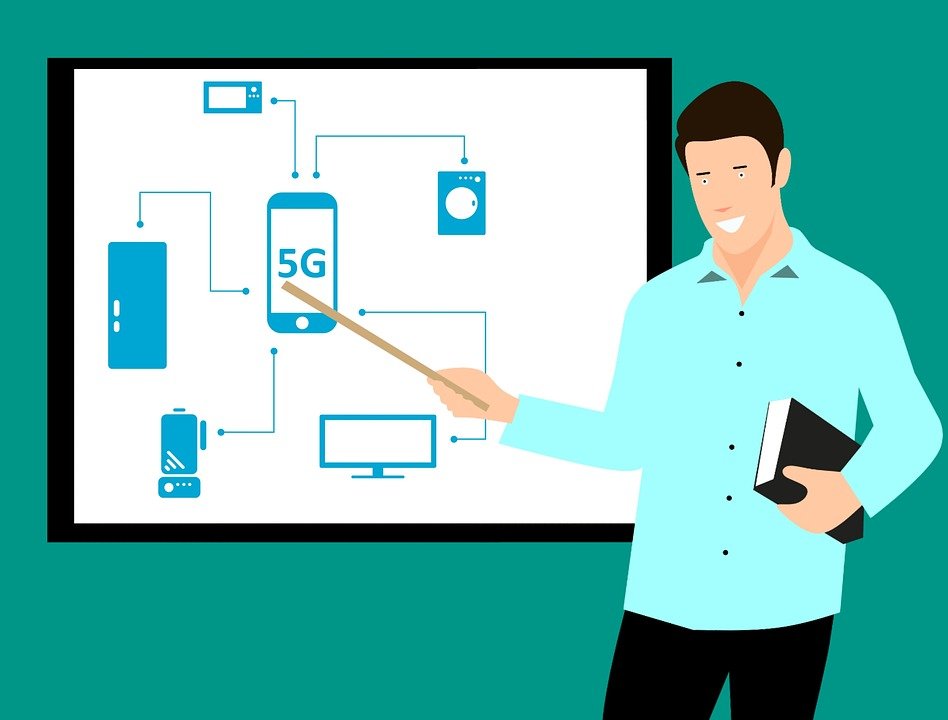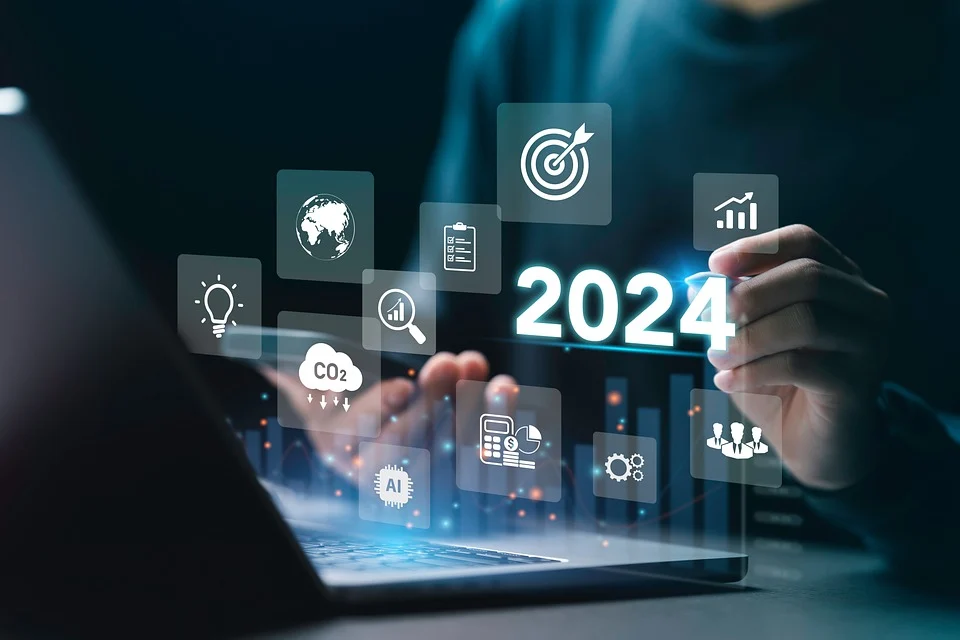Introduction
- AI in the healthcare sector
- Personalized Healthcare Pagluighienco CC-BY 2.0 / Flickr
What is the Role of AI in Personalized Health?
- AI and Big Data: Made for each other
- Machine Learning vs Predictive Analytics
- AI-Driven Diagnostics
Personalized Medicine: AI Powered Tools
- Genomic Medicine and AI
- Contribution of AI in Drug Discovery and Development
- Personalized Treatment Plans
AI Most Urgently Needed in Personalized Healthcare
- More accurate diagnosis
- Enhanced Patient Engagement
- Affordable Healthcare Solutions
This presents both technical challenges as well as moral and ethical steps up the road to making these imports.
- Data Privacy Concerns
- Bias in AI Algorithms
- The Need for Regulation
AI in Healthcare: Implementations & Use Cases
- Case Study: AI in Oncology
- The applications of AI in Chronic Disease Management
- AI and Mental Health Support
Crossroads in Personalized Healthcare with AI
- The Innovation of Tech & Trends
- Using AI in the Day-to-Day Practice of Medicine
- Other Opportunities and Challenges on the Road Ahead
Conclusion
- AI Overseer: AI ‘A Very Transformative’ Force In Healthcare
- Responsible Development of AI — The Call to Arms
FAQs
- What is Personalized Health Care?
- But what is the role of AI in personalized healthcare — answered.
- What are the possible dangers of AI in healthcare?
- Is it really possible to replace Doctors with AI in future?
- What role does AI play in drug discovery?
Artificial Intelligence: The Future of Medicine In Personalized Healthcare
- Introduction
Artificial Intelligence (AI) is changing the face of healthcare. AI, from automating to streamlining operations and ensuring personalized healthcare is an actuality — it has a pivotal role in this revolution. But the question remains: what does AI have to offer and how is it shaping medicine of tomorrow? In this article, we will be delving into AI and how it enables the provision of personalized healthcare by shedding light on what lies ahead in medicine.
- How AI is making its way into Healthcare
While AI has been a bit of marketing word salad in other industries for years, it seems the health care application is actually ground-breaking. Originally, the job of AI was confined to managing and maintaining data only. Advancements in technology have pushed AI through those limits to also become an integral part of diagnostics, treatment planning and patient care.
- KEY TAKEAWAY: What exactly is Personalized Healthcare?
Personalized or precision healthcare is the practice of tailoring medical treatment to an individual’s genetic makeup, lifestyle and environment. While this differs from the traditional one-size-fits-all model, it provides a more focused and efficacious manner to treat patients.
- How AI will Disrupt the Health Industry — Personalized Healthcare
AI + Big Data = A perfect match
Using AI and big data for healthcare is one significant change which facilitates the personalisation of health care. With all the patient data that is available, AI can process the information and see patterns which could never be identified by a human. This ability can help healthcare providers better serve their patients and establish targeted treatment regimens with a higher probability of success.
Predictive Machine Learning
Artificial Intelligence eXpert System :It is a branch of machine learning and due to its predictive analytics capabilities it was used. Machine learning algorithms can predict future results by analyzing the historical data, for example they will tell us that there is x percent of chances a particular patient might have this disease based on past similar patients. This proactive strategy enables the early detection and control of diseases.
AI-Driven Diagnostics
According Making diagnosis faster and more accurate thanks to AI — Artificial intelligence in health care For instance, AI algorithms can evaluate medical imaging like X-Rays and MRIs to identify abnormalities with a higher precision than humans. Both result in earlier diagnosis but the margin of error also decreases.
- Personalized medicine and AI-powered tools
Genomic Medicine and AI
AI is transforming the field of genomic medicine in one of the most exciting ways. Replicating the complex structures of life, artificial intelligence can surmise over a patient’s genetic code and pinpoint mutations or variations that could cause their illness. This information is crucial to create an individualized treatment that actually addresses the cause of their condition.
- Artificial Intelligence for Drug Discovery and Development
The drug discovery process has a well deserved reputation for being both slow and costly. AI is also reshaping this by a process that speeds up the discovery of drug compounds and likelihood which may be effective. In addition, this shortens the duration of development and lowers costs to make treatment more affordable.
- Personalized Treatment Plans
Because AI can review extensive amounts of data, the output has potential to be hyper-personalized treatments. With considerations such as genetics, lifestyle and medical history of each patient a AI can suggest what the best treatments to use are per individual with lower risk for side effects in return.
- Advantages of AI in Personalized Healthcare
Again, this is through the better accuracy in diagnosing patients.
The accuracy of detection is attributed to one key advantage that AI can bring into healthcare. We designed AI algorithms to analyze data from multiple sources like medical records and imaging studies in a human-compatible processing time, offering more accurate diagnosis. So this is a way that we can diagnose the disease earlier, and combat it effectively.
- Enhanced Patient Engagement
Chatbots and virtual assistants, using the power of AI are being used to give patients personalized health information leading towards a better patient engagement. In doing so, it can offer quick responses to inquiries: about which pills were taken when or remind patients of their medication regimen and even become a companion for mental health stability allowing better compliance with medications ultimately leading to improved/preventative overall health.

DISCLAIMER:
The views and opinions expressed are those of the authors do not necessarily reflect official policy or position.
With the standard benefit which AI will provide in simplifying processes and increasing operational efficiency, healthcare costs stand to be decreased via these innovation approaches-from fewer errors rates along with less need for repetitive tasks from human agents. Overall, AI can automate administrative work (e.g. scheduling appointments and processing insurance claims), leaving healthcare professionals to do what they do best – focus on patient care. AI also can eliminate expensive medical errors and save costly treatments, by being used for early diagnosis.
- Limitations, Challenges and Ethical Implications
Data Privacy Concerns
Data privacy is a headache to deal with the rise of AI in healthcare. The large-scale collection and analysis of patient data raises important questions as to where all this information is stored, how it is truly used, and even what the security implications are. Anonymising data becomes vital to preserve patient trust and protect this sensitive information without transgressing through the legal boundaries erected by agencies like HIPAA.
- Systematic biases in AI algorithms
Truth is, AI algorithms are only as good as the data that they use to train. Care may not be of uniform quality, and when the data used to train AI models contain certain biases these will motivate disparities in care from that evolved by biased algorithms. It is critical that AI systems be trained on diverse and representative datasets, to prevent the amplification of existing inequalities in healthcare.
- The Need for Regulation
Regulatory bodies continue to evaluate the role of AI in healthcare, moving towards a requirement for regulation as these technologies become more integrated. Among others, this encompasses the promulgation of norms for AI systems, transparency in decision making via an outline regarding when to apply machine learning (ML) as best practice tools and procedures within patient-focussed care.
- Bit of Real life Applications in Health Care using AI
Case Study: AI in Oncology
AI is contributing in a significant way to the field of Oncology. The use of AI algorithms can detect abnormalities in medical images, prognosticate patient outcomes and even personalize treatment plans for cancer patients. These advancements translate to better diagnosis, care plans and patient outcomes overall.
- Artificial Intelligence in Chronic Disease Management
Diabetes, a chronic illness classically requires consistent management and monitoring. This is being enabled quite a bit through the usage of AI to predict disease progression, suggest lifestyle changes and also monitor how compliant patients are with treatment regimes. Taking steps in advance can avoid such difficulties and increase the life quality of patients.
AI and Mental Health Support
Mental health also benefits from AI Conversational agents driven by AI — chat bots and virtual therapists are helping mental health patients to handle the sickness more properly providing a cost-effective solution for those who cannot afford traditional therapy sessions. These tools enable immediate help, follow-up on the patient and even allow alerting medical personnel in case of emergencies.
- Personalized Healthcare: The Future of AI
New Technologies and Trends
Personalized healthcare has great a future and new technologies & trends are coming up regularly way to AI in Healthcare. The possibilities range from AI-enabled wearables that track health in real-time, to cutting edge algorithms designed for early prediction of disease outbreaks. They have the power to change our way of providing healthcare and enable care that is custom-fit for everyone.
AI in day to day Medical practice
With the prolonged evolution of AI, all this is and will increasingly be integrated into everyday medical practice. So that spans from regular diagnostics all the way to complex treatment planning. Effective adoption of AI tools will depend on healthcare professionals being sufficiently trained to use these approaches and the implementation of tools that are designed as complements rather than replacements for human expertise.
- Broad Opportunities and Challenges on the Road Ahead
There is a lot of potential for AI to transform the future in personalized healthcare, but there are obviously challenges ahead as well. Key will be ensuring AI is ethical, working through data privacy concerns and fundraising the risk of bias in algorithms highlighting that human expertise needs to guide recommendations made by machines. Yet, as AI technologies continue to innovate and development practices become more responsible the outlook for healthcare could transform patient treatment outcomes globally.
Conclusion:
Artificial Intelligence is unquestionably revolutionizing the concept of personalized healthcare by paving its way to a more likely future where medical treatment becomes highly customized for each patient. AI strengthens the framework on which improved diagnostic accuracy, patient engagement and cost-effective solutions are built upon leading to a new dawn of medicine. BUT, the ultimate start of this revolution — It is indeed inevitable but also should be taken with a grain of salt and MUST solve all technical/ethical challenges that come along. As the saying goes, The future is bright and AI will surely lead.
FAQs
Personalized Care? What does it imply to have personal care?
Personalized healthcare, precision medicine — an approach uses the biological and environmental information to individualize preventive treatment complementary with therapy.







